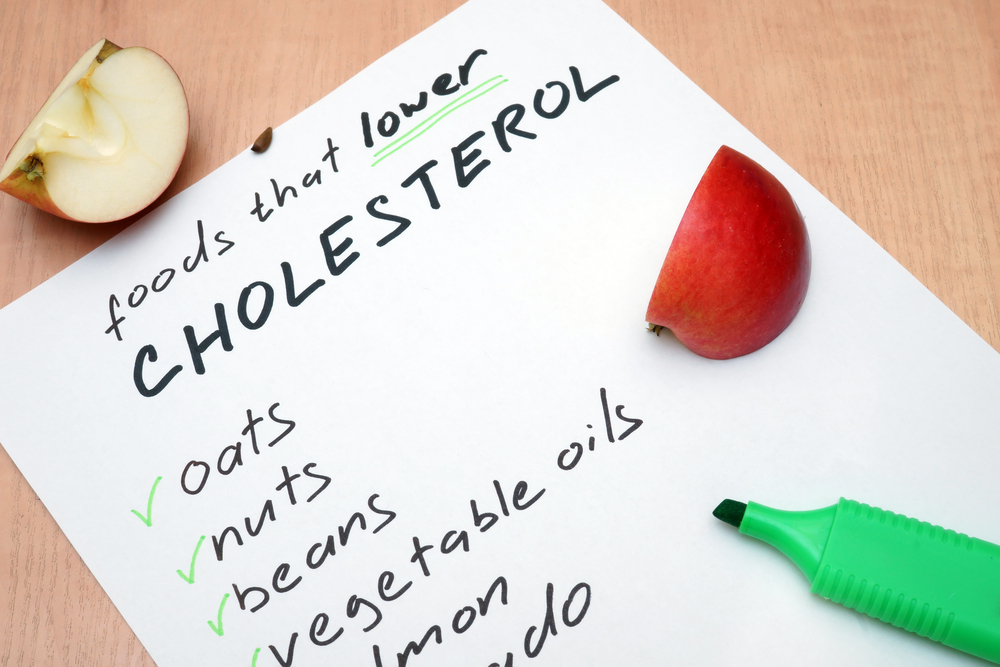
High-Density Lipoprotein (HDL) is termed as “good cholesterol” because it removes harmful bad cholesterol from where it doesn’t belong as it cruises the bloodstream. High HDL levels reduce the risk for heart disease — but low levels increase the risk.
The HDL cholesterol particle is dense compared to other types of cholesterol particles, so it’s called high-density. As a matter of fact, cholesterol is an essential fat that provides stability in every cell of your body.
Experts believe HDL cholesterol may act in a variety of helpful ways that tend to reduce the risk for heart disease:
What Can I Do if my HDL Cholesterol Level Is Low?
You can take several steps to boost your HDL level and reduce your heart disease risk:
There are so many that factors contribute to heart disease. People with normal HDL cholesterol can have heart disease and people with low HDL levels can have healthy hearts. Experts recommend follow-up cholesterol testing every five years for most people. People with abnormal lipid panels, or who have other risk factors, may need more frequent cholesterol tests.
Overview and FactsTypes and SymptomsDiagnosis & MedicationsOverview and Facts Tetralogy of Fallot is a congenital heart defect that affects the [...]
Overview and FactsTypes and SymptomsDiagnosis & MedicationsOverview and Facts Trichinosis, also known as trichinellosis, is a parasitic infection caused by [...]
Overview and FactsTypes and SymptomsDiagnosis & MedicationsOverview and Facts Trigeminal neuralgia is a neurological condition characterized by severe facial pain. [...]